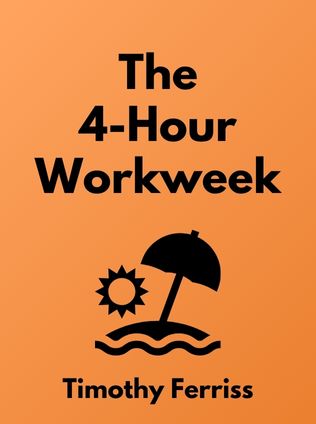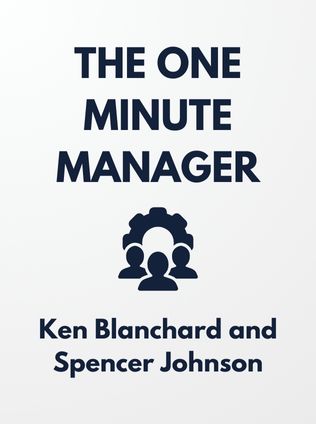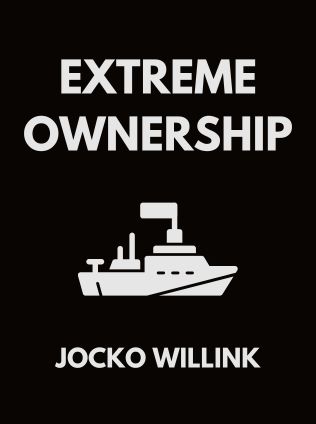
Let My People Go Surfing
The Education of a Reluctant Businessman
By Yvon Chouinard
Published 09/2006
About the Author
Yvon Chouinard, the founder of Patagonia, is more than just an entrepreneur; he is a passionate environmentalist, outdoor enthusiast, and an advocate for responsible business practices. Chouinard's journey is deeply intertwined with his love for the outdoors, which has been a driving force behind his innovative approaches to business. From his humble beginnings as a "dirtbag" climber selling handmade gear out of the back of his car to becoming the leader of a globally recognized brand, Chouinard has remained committed to his values of environmental stewardship and sustainability. His story is not just about building a successful company but about redefining what success means in the business world.
Main Idea
In Let My People Go Surfing, Yvon Chouinard shares the story of Patagonia, a company founded on the principles of environmental responsibility and sustainable business. Chouinard critiques the traditional profit-first mentality that dominates much of the business world and offers an alternative approach, one where success is measured not just in financial terms but in the positive impact a company has on the planet and its people. He presents a vision of business that prioritizes quality, durability, and ethical practices, demonstrating that it is possible to build a profitable enterprise without compromising on values.
Table of Contents
- Chouinard’s Journey from Adventurer to Entrepreneur
- The Birth and Growth of Patagonia
- The Crisis that Shaped Patagonia’s Mission
- Core Principles of Patagonia’s Business Philosophy
- Designing High-Quality Products
- Sustainable Manufacturing Practices
- Authenticity in Brand and Operations
- Natural Growth and Employee Well-being
- Patagonia’s Role in Environmental Advocacy
Chouinard’s Journey from Adventurer to Entrepreneur
Yvon Chouinard’s path to entrepreneurship was anything but conventional. Driven by his love for nature and a desire to fund his climbing adventures, Chouinard began crafting his own climbing gear, dissatisfied with the equipment available on the market. This personal passion for the outdoors laid the foundation for what would eventually become Patagonia. From the start, Chouinard was more concerned with solving his own problems as an outdoorsman than with making a profit. This focus on functionality and environmental impact would become a cornerstone of his business philosophy.
Chouinard’s early days as a "dirtbag" climber, living out of his car and making gear in a tin shed, reflect the authenticity and commitment that have always defined Patagonia. He was a reluctant businessman, motivated more by a desire to protect the natural world than by any ambition to build a commercial empire. This approach resonates with other successful entrepreneurs who have prioritized their values over profit, such as Steve Jobs, who famously focused on creating products he believed in rather than what would sell the most units.
The Birth and Growth of Patagonia
As Chouinard’s climbing gear gained popularity, he expanded his business, founding Patagonia as an outdoor apparel company. From the beginning, Patagonia was different. Chouinard introduced bold innovations that set the company apart from competitors, such as vibrant colors and high-performance technical fabrics. These innovations were not just about making better products; they were about redefining the outdoor clothing market. Chouinard’s decision to stop selling pitons, despite their popularity, because of the environmental damage they caused, is a testament to his commitment to the planet over profit.
However, the early days of Patagonia were not without challenges. The company faced production issues, financial struggles, and the inherent tension between running a business and staying true to its environmental mission. These difficulties forced Chouinard to confront the realities of the business world and to find ways to reconcile his environmental values with the demands of running a company. His solution was to operate according to his values, even if it meant making difficult decisions, such as laying off employees during tough times.
Sign up for FREE and get access to 1,400+ books summaries.
You May Also Like
The Lean Startup
How Today's Entrepreneurs Use Continuous Innovation to Create Radically Successful Businesses
By Eric RiesWho Moved My Cheese?
An Amazing Way to Deal with Change in Your Work and in Your Life
By Spencer Johnson, M.D.Make Your Bed
Little Things That Can Change Your Life...And Maybe the World
By William H. McRavenThe Ride of a Lifetime
Lessons Learned from 15 Years as CEO of the Walt Disney Company
By Robert IgerThe Hard Thing About Hard Things
Building a Business When There Are No Easy Answers
By Ben Horowitz



















